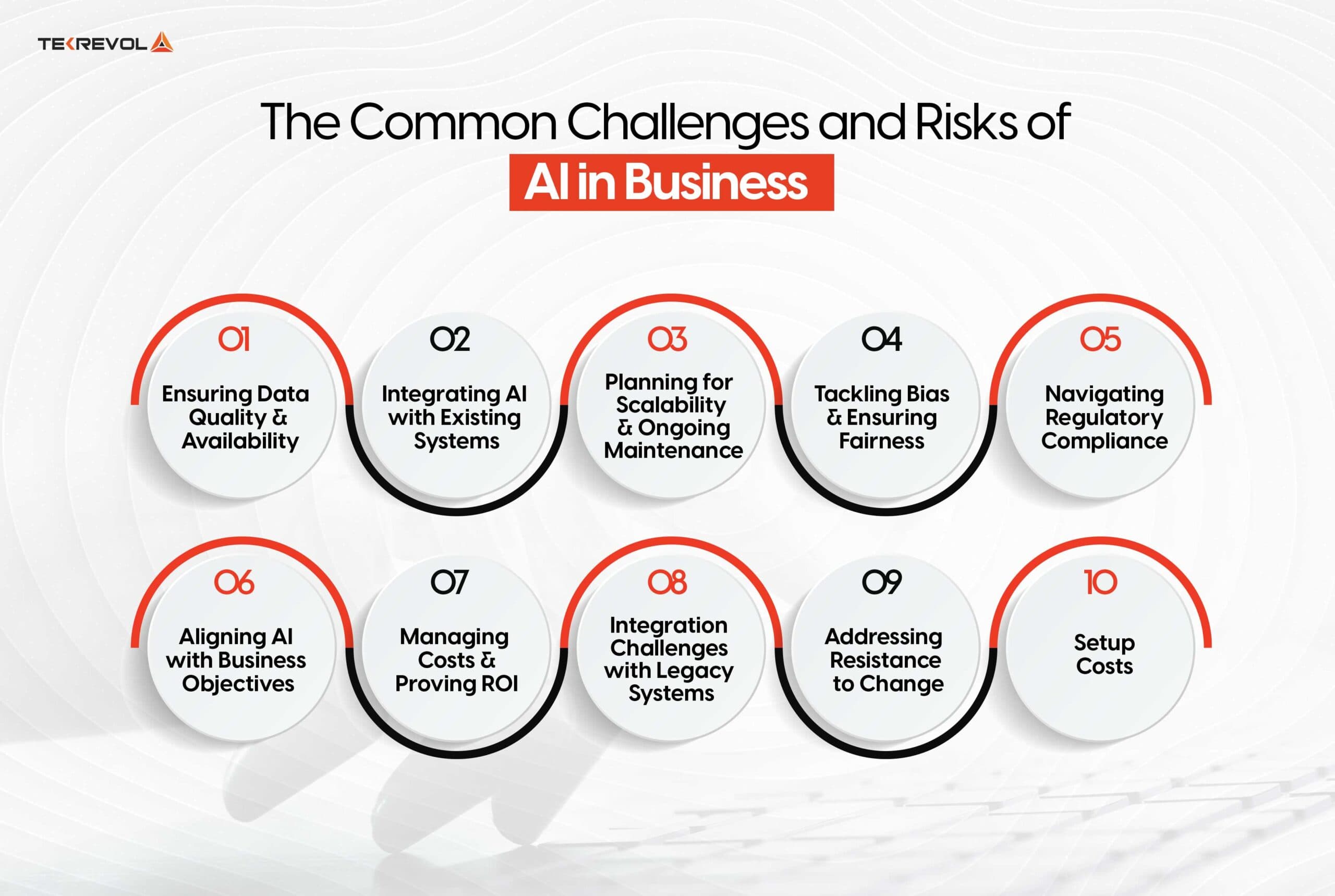Data Security Concerns Prompt Corporate ChatGPT Blocks Amidst AI Innovation Push

A recent observation by Michael Wolfe highlighted a prevalent paradox in corporate AI adoption, where a company expressing a desire to "fully leverage AI across their business" simultaneously blocks access to ChatGPT on its corporate network. This scenario underscores the ongoing tension between embracing generative AI's innovative potential and mitigating significant data security and intellectual property risks.
Many organizations, including major players like Samsung, Apple, JPMorgan Chase, Deutsche Bank, and Verizon, have implemented bans or restrictions on public generative AI tools such as ChatGPT. The primary concern revolves around the potential for sensitive company data, proprietary information, or client details to be inadvertently uploaded to these external platforms. Once uploaded, such data could be used to train the AI models, raising fears of intellectual property leakage and compliance breaches.
Samsung, for instance, prohibited generative AI use after employees uploaded sensitive code, leading to concerns about data residing on external servers. Similarly, Apple restricted access to prevent the exposure of confidential information, while Deutsche Bank cited "protection against data leakage" as its reason for blocking the tool. These companies grapple with the challenge of harnessing AI's benefits without compromising their critical assets.
The dilemma for businesses lies in balancing the productivity gains and innovative capabilities offered by AI tools with the imperative to safeguard corporate information. Industry experts point to cybersecurity risks, lack of clear regulatory guidelines, and the potential for employee misuse or reliance on inaccurate AI outputs as further reasons for caution. The New York Times' lawsuit against OpenAI over copyright infringement also highlights the legal complexities surrounding AI training data.
In response to these challenges, some companies are developing their own internal AI solutions. Amazon, for example, encourages engineers to use its in-house AI tool, CodeWhisperer, while the Commonwealth Bank of Australia developed CommBank Gen.ai Studio. This trend suggests a strategic shift towards controlled, enterprise-grade AI environments that offer the benefits of AI while adhering to strict security and compliance protocols, thereby bridging the gap between innovation aspirations and practical data governance.